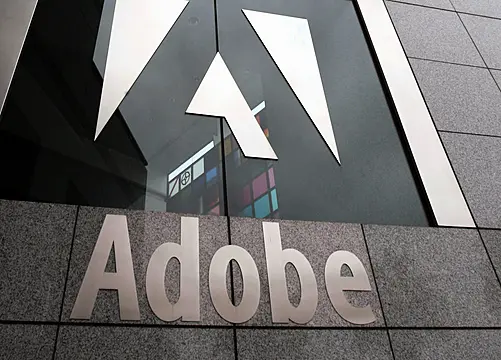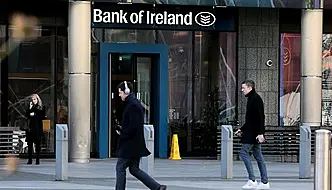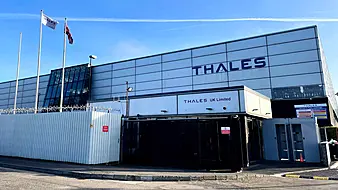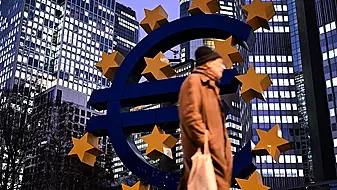Adobe’s planned $20 billion acquisition of online design company Figma is being called off due to pushback in Europe over antitrust concerns, the companies have said.
The companies announced the cash-and-stock deal in September 2022, seeking a path with Figma’s web-based, multiplayer capabilities to accelerate the delivery of Adobe’s creative cloud technologies on the web.
“Although both companies continue to believe in the merits and procompetitive benefits of the combination, Adobe and Figma mutually agreed to terminate the transaction based on a joint assessment that there is no clear path to receive necessary regulatory approvals from the European Commission and the UK Competition and Markets Authority,” Adobe and Figma said in a prepared statement on Monday.
Last month, the Markets Authority said an early review of a potential tie-up between the two companies suggested a “substantial lessening of competition” in the global market for all-in-one product design software for professionals, as well as editing software.
Adobe and Figma announced we have entered into a mutual agreement to terminate our previously announced merger agreement. We thank our communities for the support. As we turn our sights to 2024 and beyond, we’re excited to build on the incredible innovation we delivered in 2023.…
— Adobe (@Adobe) December 18, 2023
Figma, founded in 2012, allows those who design interactive mobile and web applications to collaborate through multiplayer workflows, sophisticated design systems and a developer ecosystem.
Adobe, based in California, sells software for creating, publishing and promoting content and managing documents.
David Wadhwani, president of digital media business at Adobe, said in a statement that the software company will still look for ways to partner with Figma.
The companies said they have signed a termination agreement that resolves all outstanding matters from the transaction.
Adobe will pay Figma a termination fee of $1 billion, which was previously agreed to.
Shares of Adobe rose 2 per cent before the markets opened.







